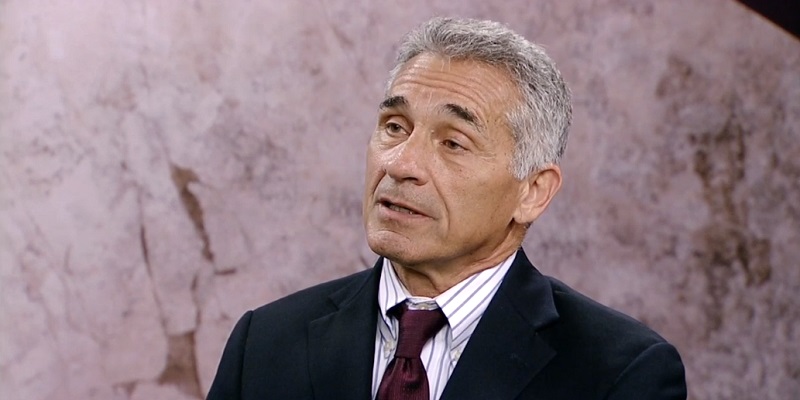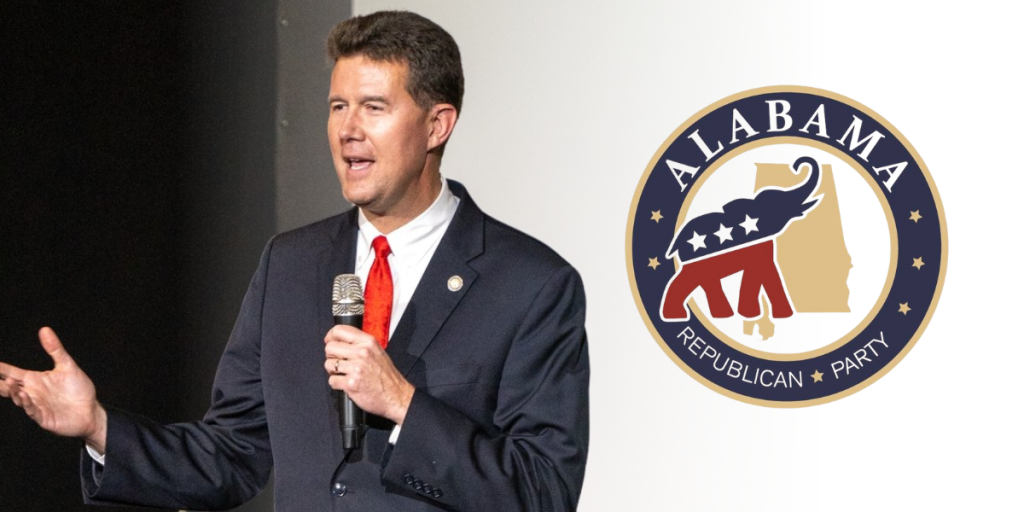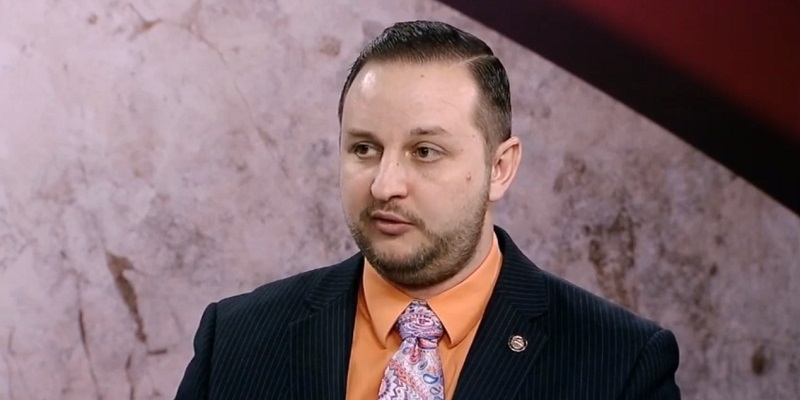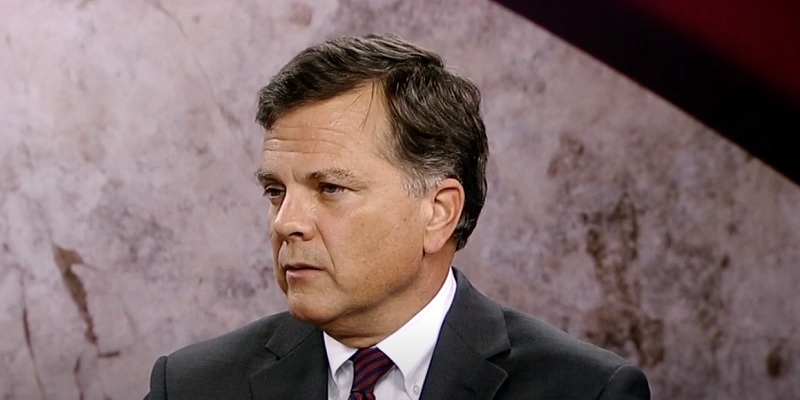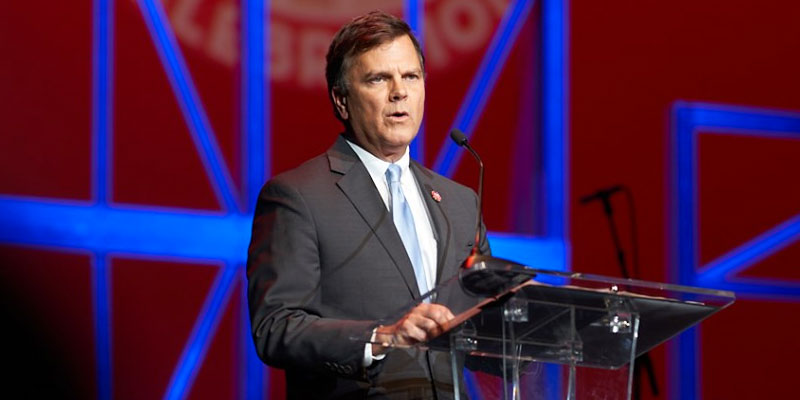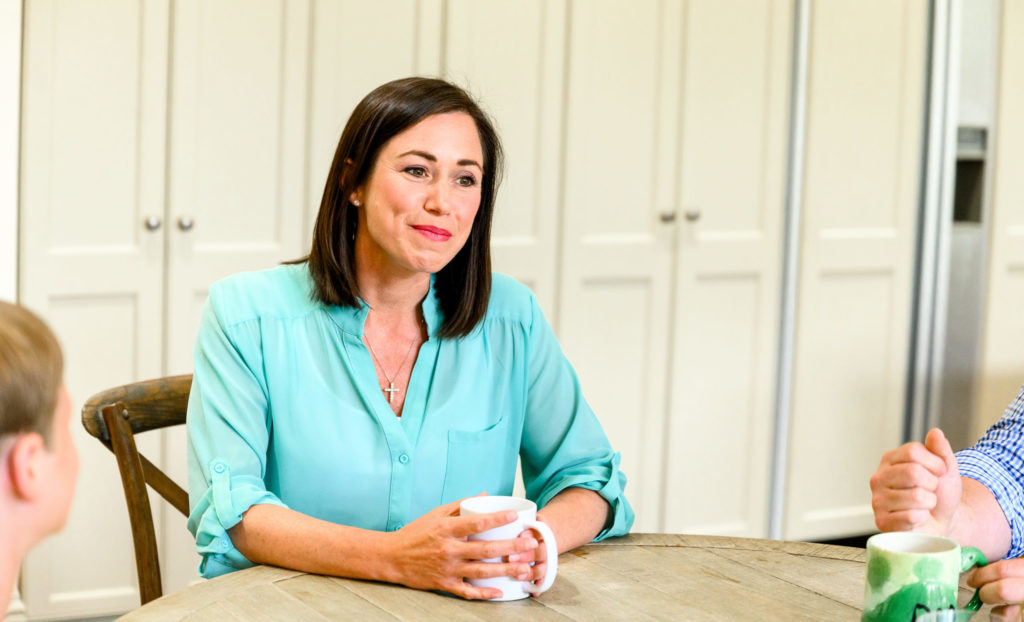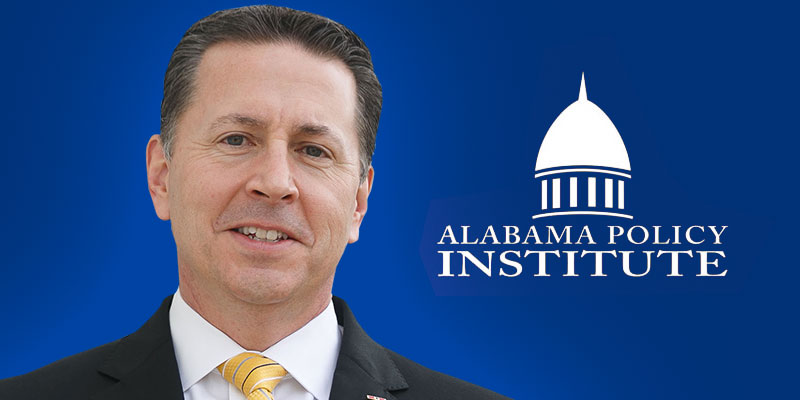When it is all said and done, and the coronavirus era is behind the state of Alabama, there will be a lot of things to review in terms of what was right and what wrong with the government response.
One of the measures that have many up in arms is the determination of what was deemed essential and non-essential, with many small businesses falling under the category of “non-essential,” and therefore taking the more substantial economic blow.
During an interview with Huntsville radio’s WVNN on Wednesday, State Senate President Pro Tem Del Marsh (R-Anniston) said one of the current priorities in his view was to get small businesses reopened where possible.
“That’s something that has to be fixed, and as quickly as possible,” Marsh said. “Those are some of the suggestions we’ll make to the governor on how to do that. And you know, we know a lot more today than we did a month and a half ago. I think people are doing a pretty good job of practicing social distancing.”
He said based on his observations, people were being responsible and practicing social distancing,
“[I] think that has gotten pretty clear, and with that, I think small mom and pops can operate the same way,” he said. “We’ve just got to let them operate.”
“If you take most retail operations — in reality, I bet you if you take most retail operations in a typical day of work and people — their customer base, they probably never have enough people in a store to threaten this six-foot rule,” Marsh added. “That’s just reality, so I think we can get back in operation — as long as people are practicing social distancing, I don’t think it’s going to be a real problem for most of these stores.”
RELATED: A logical path forward
Marsh agreed there was much to be considered with the protocols in place in determining what the proper course of action in a pandemic situation was, and this could be something the Alabama legislature would review in the future.
He said he was not convinced the guidelines in place now actually saved lives and said the data from the different mitigation methods around the world would have to be studied to make that determination. In addition to that, however, Marsh noted that he was not advocating for anything to have been done differently.
“[I] do think it has to be addressed — and let me say this, we all want to save lives, but I’m not convinced the way this has been handled we will save any lives,” Marsh said. “Let me explain that — there are countries out there that are handling this different. So at some point in time, the governments need to look back at how these were handled in different countries, what works, what didn’t, what was the actual count at the end of the day. For instance, are we actually losing as many people but over a longer period of time — instead of losing 26,000 people in this country over a month and a half had we done nothing, would we have lost the same amount in two weeks?”
“I don’t know, OK, I don’t know,” he continued. “But my point is — is it worth shutting the economy completely down if, in fact, there’s really no advantage in lives saved, and yet we’ve collapsed the economy. I’m not advocating we should have done anything differently. All I am saying is, let’s take the data when this is all over with and study it because we need to come up with possibly a different formula the next time this happens.”
Marsh has come away with one conclusion so far: More adequate stockpiles for future events.
“One thing we do know — one reason we had to do what we did, or we were told this was because we were going to overburden our medical system. That never happened. We never came close to that happening. Yet, we’ve shut all the hospitals down from doing any elective surgery because we feared it would happen. And we did that partially because we knew we did not have enough protective equipment for the health care system. One thing we definitely need to make sure we do before this ever happens again is have an adequate stockpile of medical equipment, so we’re not doing this just to make sure we’re not running out of medical equipment.”
“I think we’ve got to look at the facts and structure a pandemic plan for the future,” Marsh added. “That doesn’t necessarily mean we have to shut the economy down.”
@Jeff_Poor is a graduate of Auburn University and the University of South Alabama, the editor of Breitbart TV, a columnist for Mobile’s Lagniappe Weekly and host of Huntsville’s “The Jeff Poor Show” from 2-5 p.m. on WVNN.




